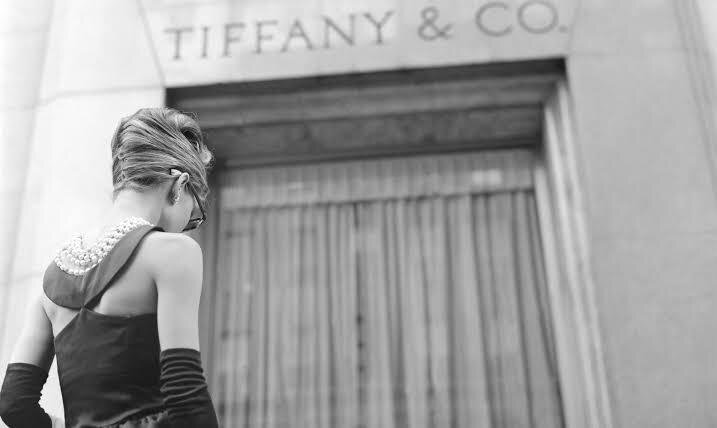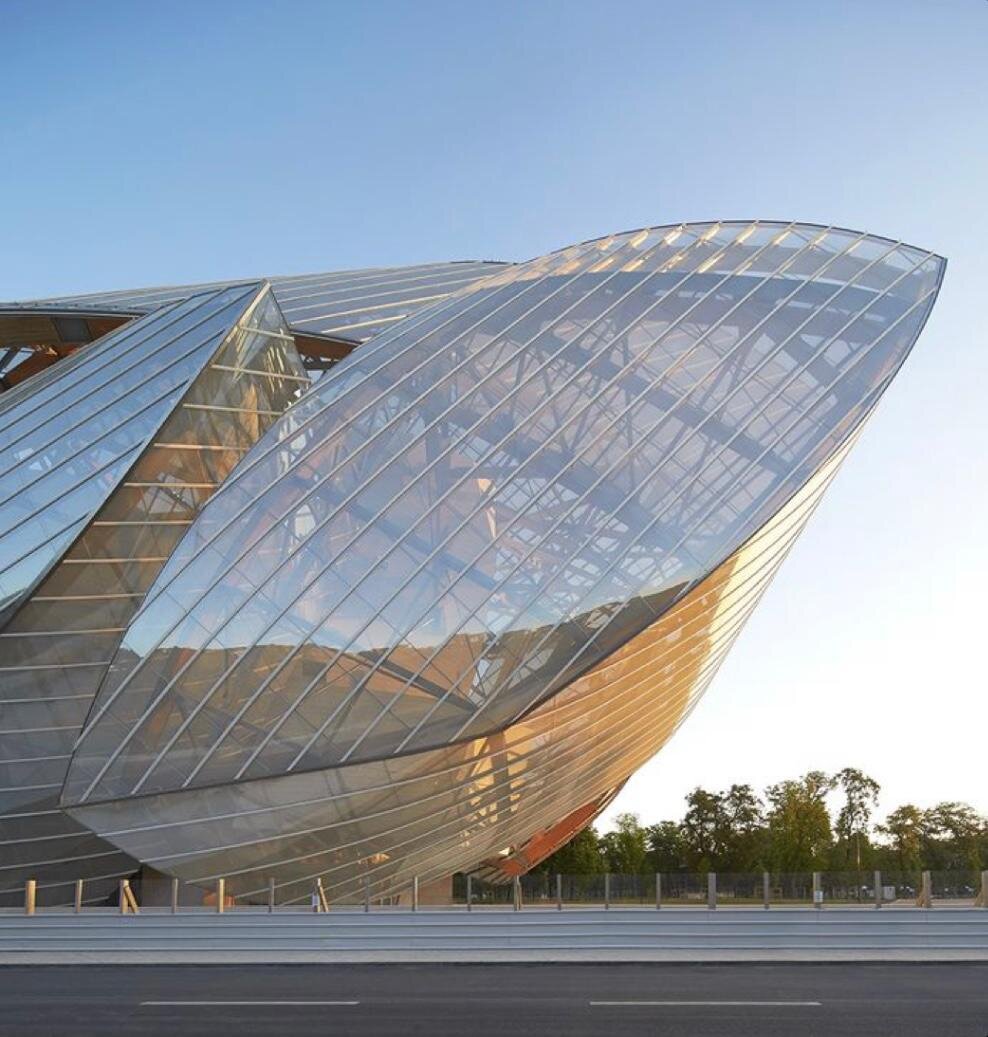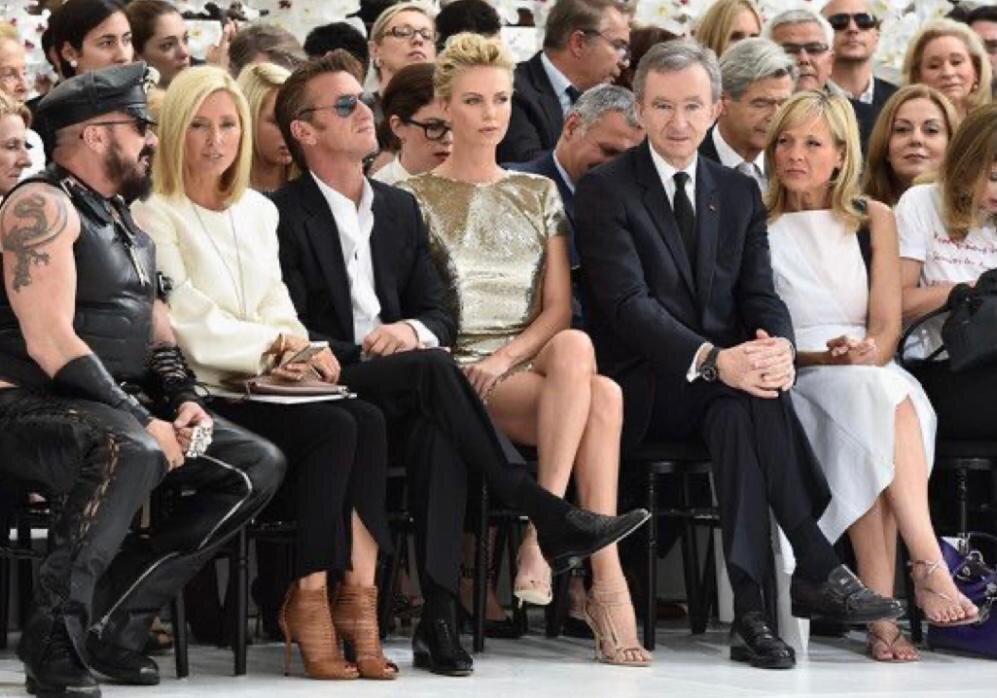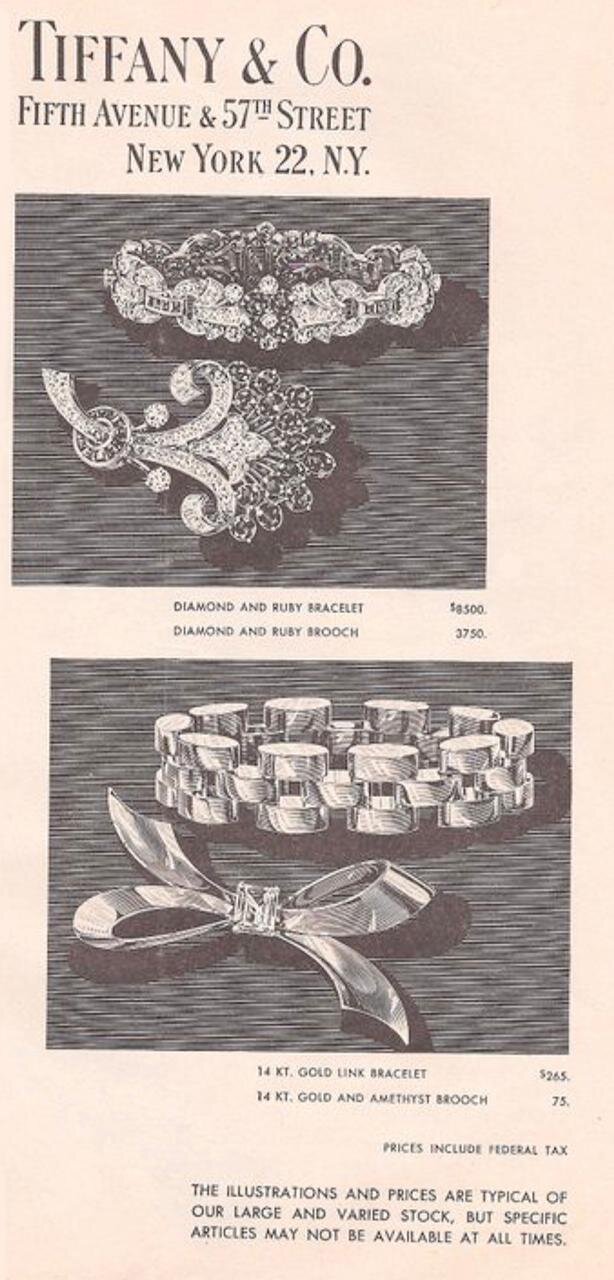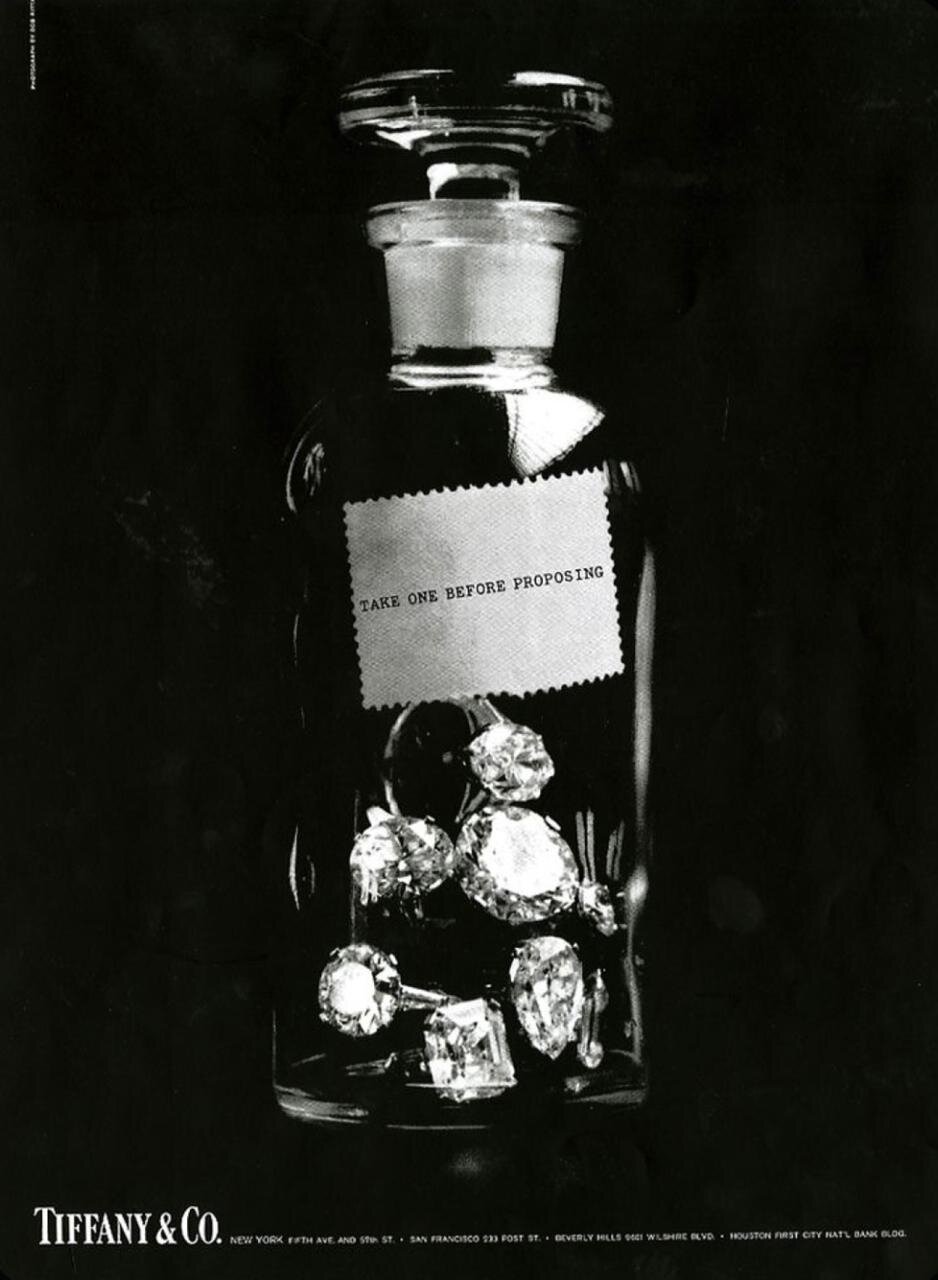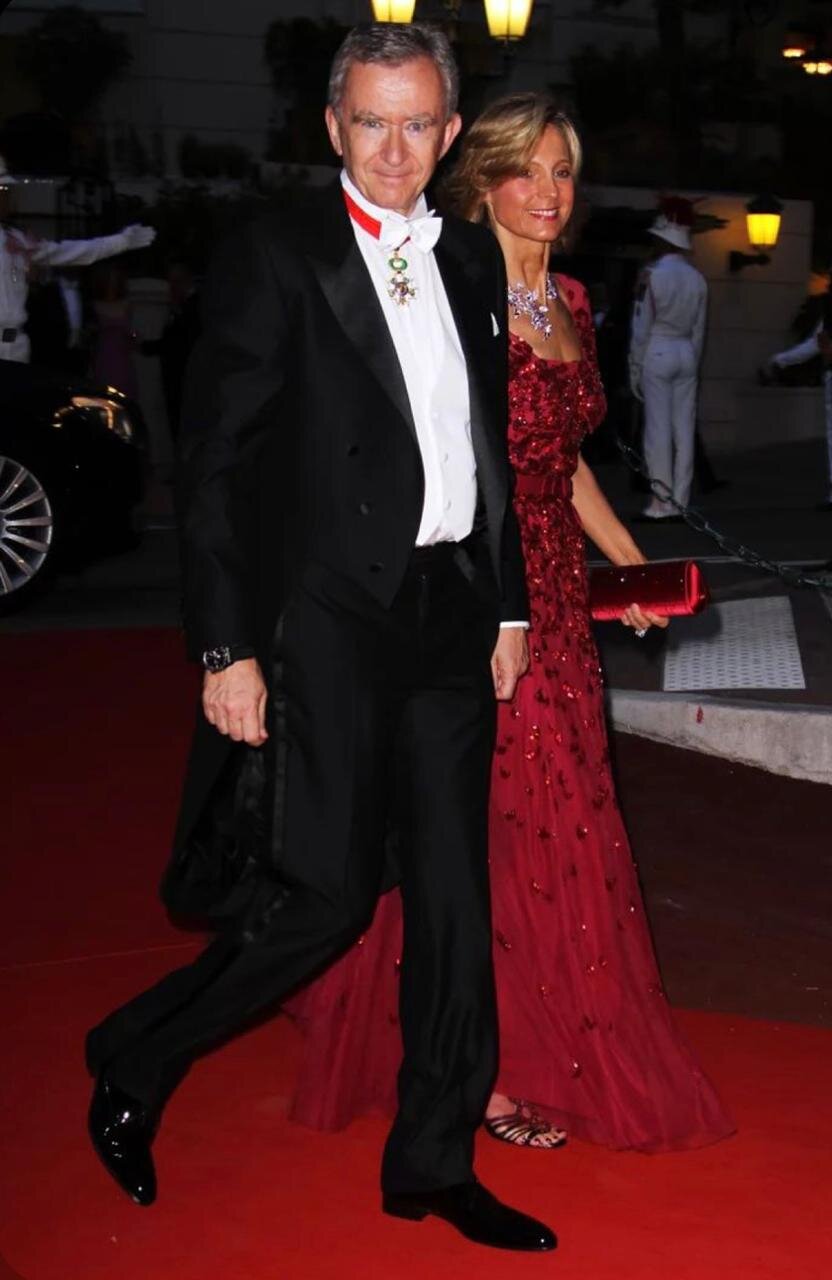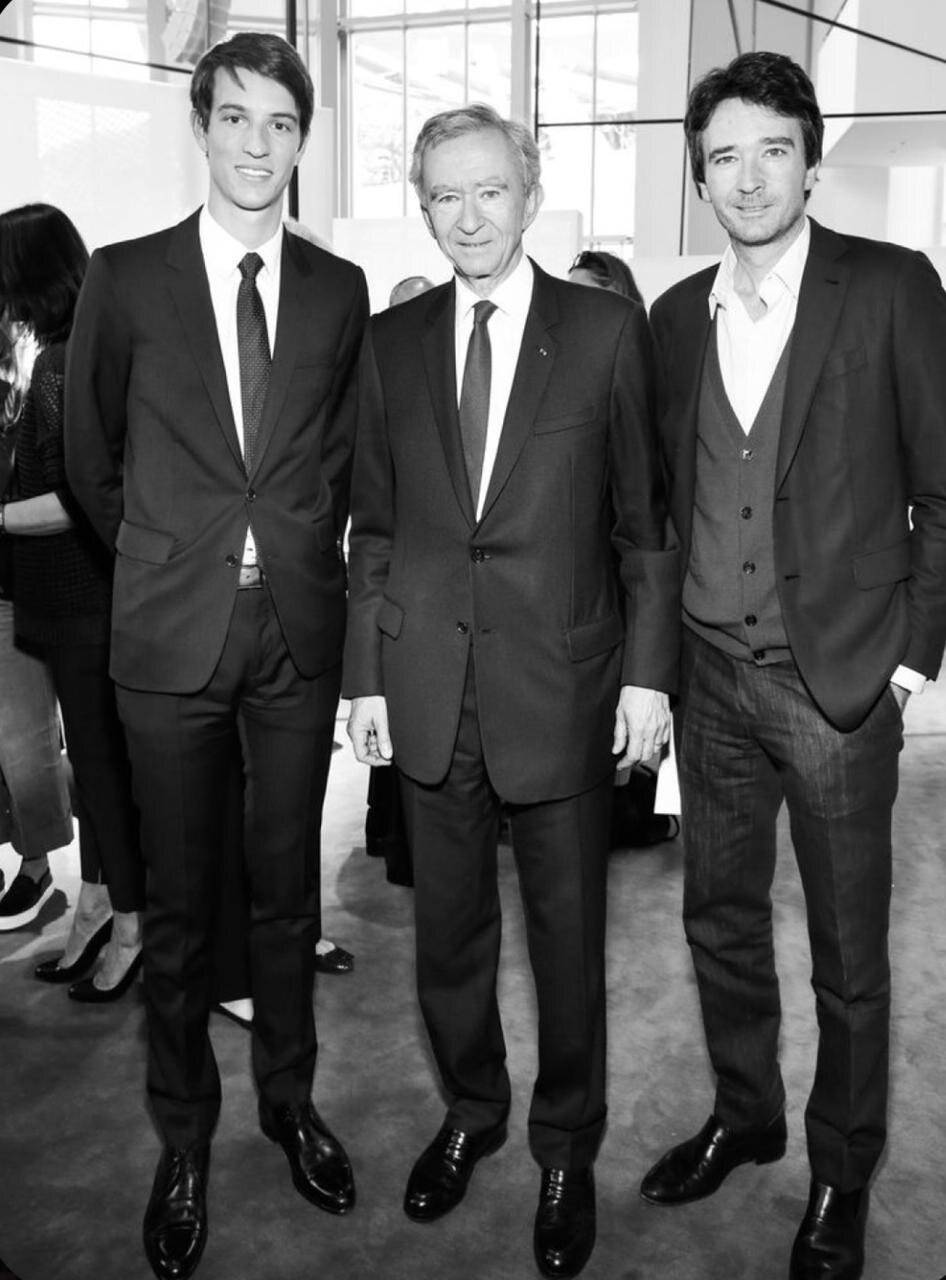Luxury’s Biggest Deal to Date: LVMH v. Tiffany & Co.
A little under a year of a public, bitter dispute later, Paris-based LVMH Moët Hennessy Louis Vuitton acquired Tiffany & Co. making it the “biggest deal in the luxury space”. The luxury conglomerate, led by Bernard Arnault, described the acquisition as a good step in the direction of expanding their presence in the United States, and that the New-York based jewelry company would transform the company’s Watches & Luxury Division. Upon initially signing off on the $16.2 billion merger in November 2019, Arnault announced that LVMH “would be proud to have Tiffany & Co. sit alongside our iconic brands”, referring to the company’s seventy-five distinguished houses. After eleven months of disputes and lawsuits, triggered by the pandemic, the deal finally closed off at an overall discount of $425 million, for LVMH, amounting the whole deal to $15.8 billion.
Problems between the two powerhouses started when LVMH said that It would not be able to complete the transaction by the initially agreed upon date of November 24th, citing a political French intervention in order to delay the completion date to January 6th. This prompted Tiffany into filing a lawsuit in a Delaware court against the French group for not honoring their original agreement, with LVMH vowing to “vigorously” defend itself against allegations pertaining to their efforts at delaying or avoiding their obligations. LVMH were also displeased with the iconic jewelers performance during the pandemic, stating that the crisis was not handled to the best of the management and Board of Directors ability; a claim to which Tiffany’s CEO, Alessandro Bogliolo, responded to as being both legally unfounded and foul play.
On November 2020, Tiffany & Co. stated that in contrast to LVMH’s claims, they had actually experienced a substantial bounce back up in sales and that the US jeweler ‘beat Wall Street expectations for quarterly profit as they benefitted from an over 70 percent rise in rales in China and a recovery in demand back home”, as reported by Reuters.
Months of a public battle of words and bitter conflict that threatened the luxury spheres biggest deal to date, finally came to an end with the two parties agreeing to settle pending litigations and salvaging the deal, with LVMH paying $131.50 a share, down from $135.
LVMH started off the year with a leadership shake-up to mark the acquisition and the beginning of a new chapter as the iconic American jeweler joins the LVMH family.
On January 7th, 2021 LVMH announced that Louis Vuitton chairman and CEO Michael Burke will be appointed as the new Tiffany & Co. chairman, and that Alexandre Arnault, 28, would assume the position of executive vice president of product and communication of the jewelry brand, leaving behind his position as co-CEO of LVMH-owned luggage brand, Rimowa. Anthony Ledru, who held the reigns of Louis Vuitton US, will replace Anthony Bogliolo as CEO as of January 22nd. The shake-up at the end of this long-awaited merger is characteristic of Bernard Arnault’s tradition of placing some of LVMH’s largest brands in the hands of his children; such as Berluti and Tag Heuer, run by Antoine and Fredric Arnault.


